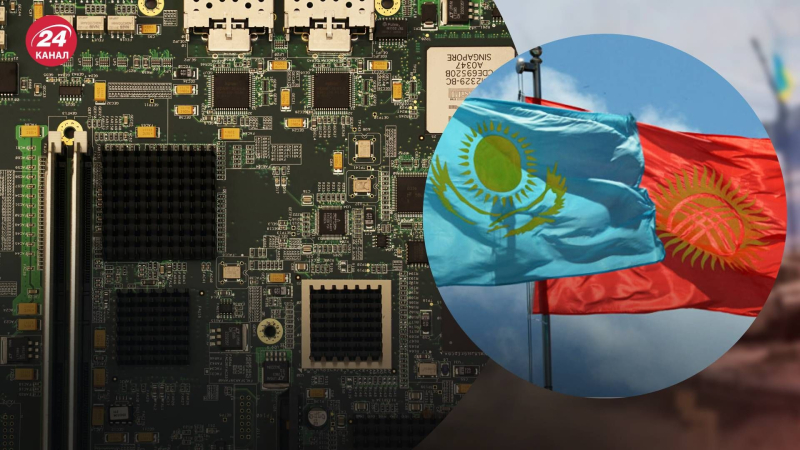Kazakhstan and Kyrgyzstan have sharply increased trade with China/Collage 24 Channel Despite sanctions, Russia continues to receive components for American-made drones . They come from China along the trade routes of Central Asia. Russia uses routes through Kazakhstan and Kyrgyzstan to buy dual-use goods – that is, those , which can be used both in civilian life and in war. Since the start of the full-scale invasion, exports of such items to these countries have increased sharply. The WSJ writes that Russia continues to successfully circumvent Western sanctions. In particular, this is possible thanks to open borders, opaque trade and intermediaries. The goods the Kremlin buys often come from China, where they are often manufactured by American companies – such goods enter Russia without permission. Central -The Asian trade route is especially important because it brings a high concentration of Western-made goods to Russia. This is a key path for microelectronics, auto parts, and luxury goods, analysts say. The United States and allies maintain a list of goods that can be used by Russia in war. In particular, the sanctions apply to computer chips, routers and ball bearings that are used in tanks. Last year there were 45 items on the list, five more were added in February. At the same time, the publication writes that since 2022, China has sharply increased exports to Kazakhstan and Kyrgyzstan. Exports of 45 targeted products rose to $1.3 billion in 2023, up 64% from 2022. A significant part of these goods is received by Russia. Asian sanctions against Russia

Russia circumvents sanctions
Asia helps the Kremlin bypass sanctions: WSJ about how drones and chips from the US end up in Russia
56

